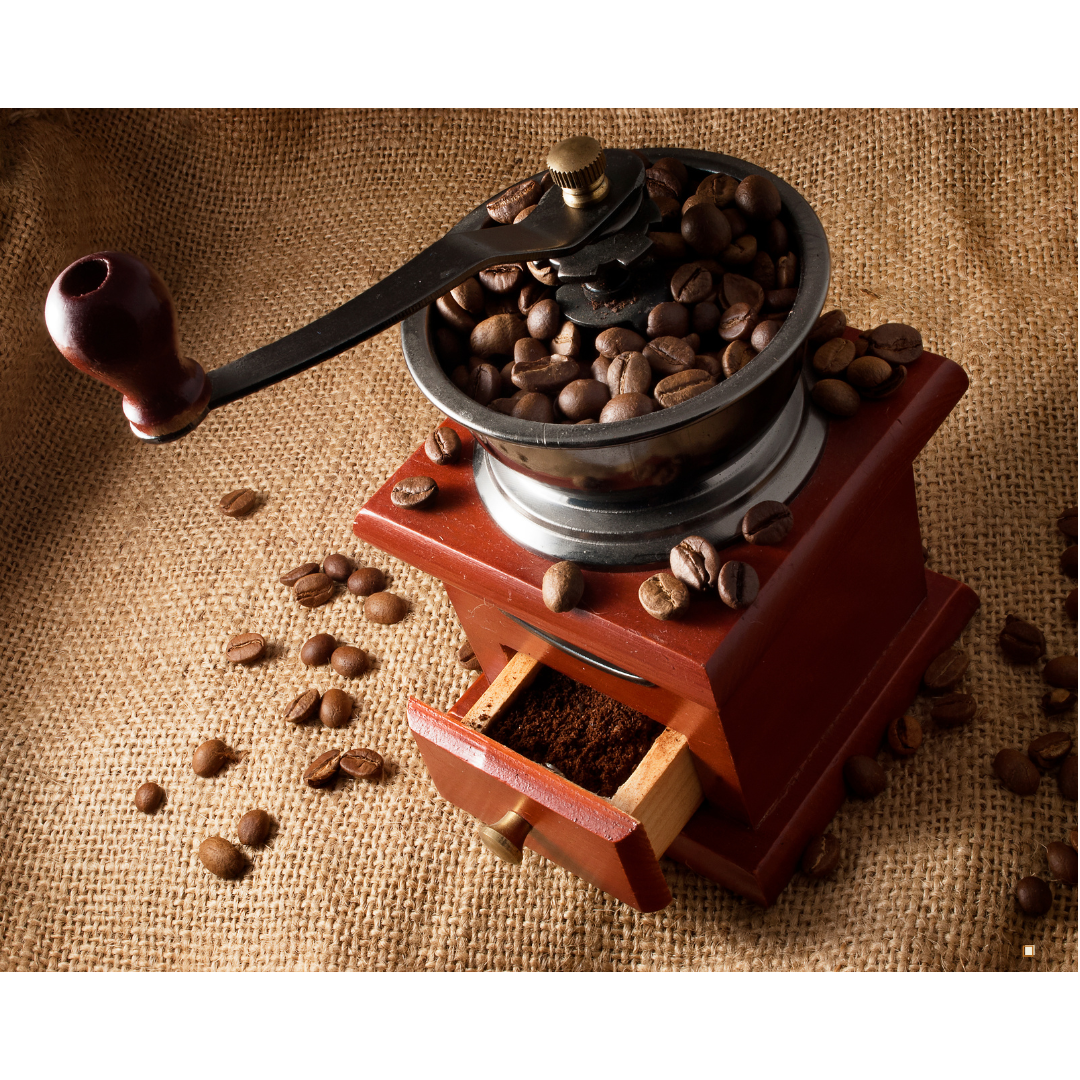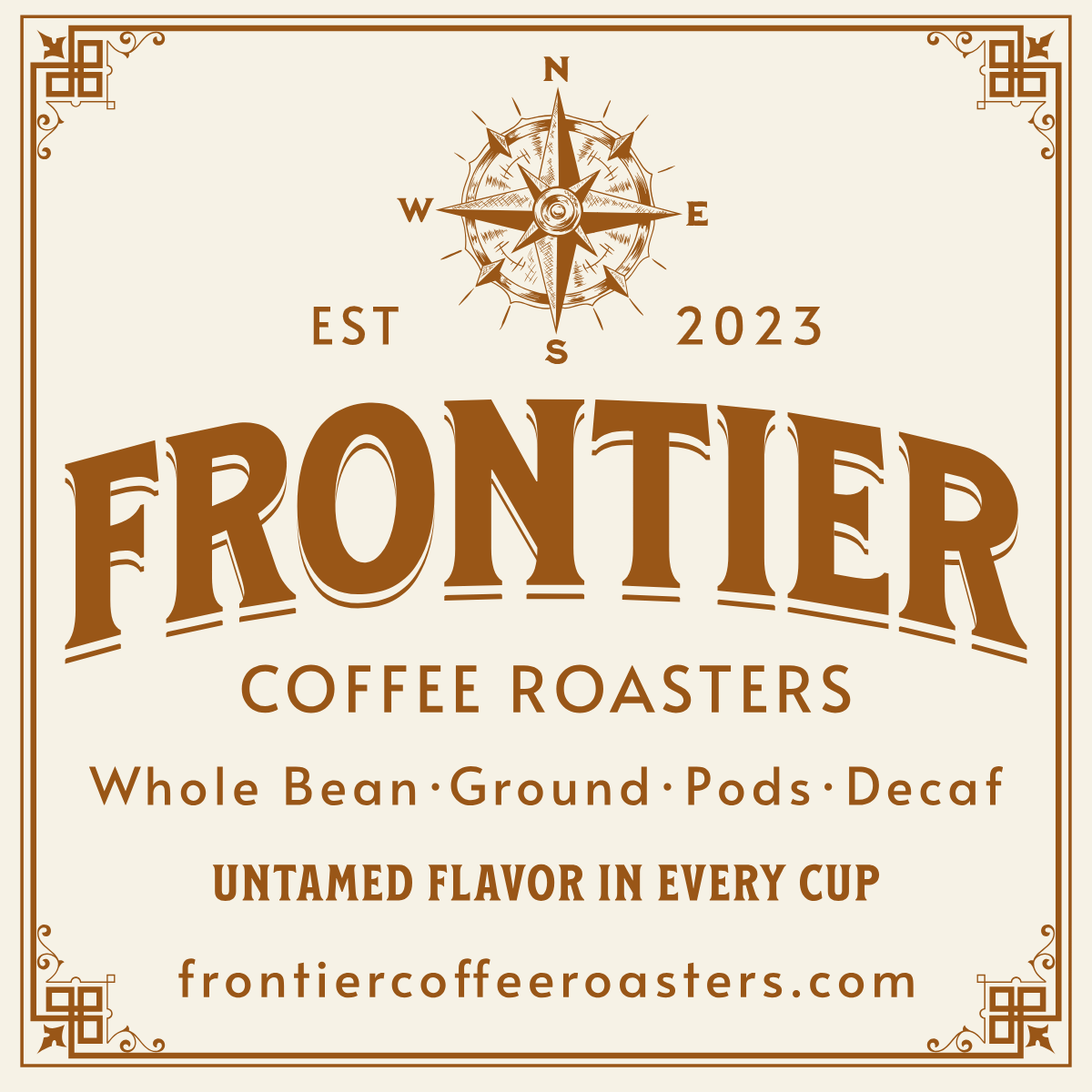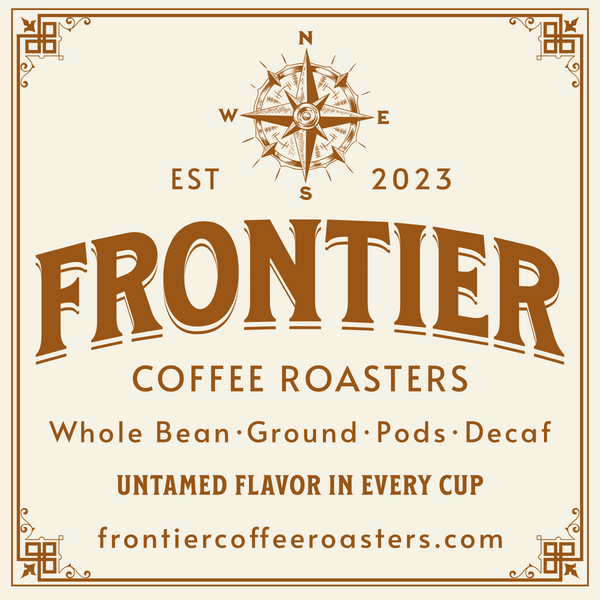
Small Batch Coffee vs. Mass-Produced Coffee: What’s the Difference?
When it comes to coffee, the difference between small batch coffee and mass-produced coffee is more than just scale—it’s a reflection of quality, craftsmanship, and flavor. Whether you’re a coffee enthusiast or someone exploring new flavors, understanding these differences can enhance your appreciation of each cup.
Craftsmanship and Attention to Detail
One of the defining characteristics of artisan coffee is the craftsmanship involved in every stage of production. Small batch is often roasted in limited quantities by skilled roasters who carefully monitor each batch to ensure consistency and quality. This process allows roasters to make adjustments as needed, creating a customized roast profile that brings out the best flavors in each bean.
In contrast, mass-produced coffee is often roasted on a much larger scale, which limits the ability to adjust for specific bean characteristics. The focus in mass production is typically on efficiency and uniformity, which can result in a loss of nuanced flavors. While large-scale roasting machines can process thousands of pounds of coffee at once, they may not provide the same level of precision and care found in smaller batches.
Quality of Beans
Small batch roasters producers prioritize quality over quantity, which is why they often source beans from single-origin farms or specific regions known for their unique flavor profiles. By working with trusted suppliers, small batch roasters can ensure that the beans are grown under optimal conditions, harvested at peak ripeness, and processed to preserve their natural flavors. Many small batch roasters also focus on sustainable and ethical sourcing, choosing beans from farms that practice environmentally friendly and socially responsible methods.
On the other hand, mass-produced coffee often relies on a blend of beans from various sources to maintain consistency in flavor and supply. These beans may come from multiple regions or farms, which can dilute the distinctive characteristics of each origin. Additionally, some large coffee brands prioritize volume over quality, sometimes sourcing lower-grade beans to meet production demands. This approach can lead to a less complex flavor profile compared to the richness found in small batch.
Freshness and Flavor
Freshness is a key factor in the flavor of coffee, and small batch roasting emphasizes this by roasting beans in smaller quantities. This approach allows roasters to provide fresher coffee to customers, as the beans are often roasted to order or in response to demand. Fresher coffee beans retain more of their aromatic oils and natural flavors, resulting in a more vibrant and enjoyable cup.
In the mass production model, coffee is often roasted in bulk and stored for longer periods before reaching the consumer. The large-scale roasting and distribution process can lead to longer storage times, which may affect the freshness of the beans. As coffee sits, it gradually loses its aromatic compounds and can become stale, resulting in a less flavorful experience. While vacuum-sealing and other packaging methods help preserve freshness, they can’t fully replicate the taste of freshly roasted artisan beans.
Roasting Techniques and Experimentation
Small batch roasters have the flexibility to experiment with different roasting techniques, allowing them to create unique flavor profiles that highlight the distinct characteristics of each bean. Because they work with smaller quantities, they can afford to test different roast levels, times, and temperatures, often tailoring their methods to each specific coffee origin. This experimental approach results in a diverse array of flavors, from light and fruity to dark and bold, providing coffee drinkers with a wide variety of options.
Mass-produced coffee, by necessity, prioritizes consistency across large quantities. Roasters in this setting may not have the ability to customize roasting techniques for each batch. Instead, they aim for a uniform roast that can be reproduced across thousands of pounds of beans. This can result in a more standardized flavor profile, often designed to appeal to a broad audience. While this approach ensures a consistent taste, it may lack the depth and complexity, where roasters prioritize the unique qualities of each bean.
Environmental and Social Impact
Many small batch coffee roasters prioritize ethical and sustainable practices, from sourcing beans to roasting them. They often work with suppliers who engage in fair trade and environmentally friendly practices, ensuring that the farmers who grow the coffee are paid fairly and that their farming methods protect the environment. Small batch roasters are frequently transparent about their sourcing practices, making it easier for consumers to choose coffee that aligns with their values.
In contrast, large-scale coffee production may place less emphasis on these factors. To meet high demand, mass production can sometimes involve sourcing beans from suppliers that don’t adhere to the same sustainability or ethical standards. While some larger companies have made strides in this area, smaller roasters are often more agile in adopting and promoting sustainable practices, which appeals to consumers who prioritize socially responsible products.
The Personalized Experience
When you purchase small batch coffee, you’re often buying from a roaster with a deep commitment to their craft. Small batch roasters tend to engage directly with their customers, offering personalized recommendations and sharing the story behind each coffee. This creates a more meaningful connection between the consumer and the product, allowing coffee lovers to feel involved in the process and better understand the journey from farm to cup.
Mass-produced coffee lacks this personal touch, as it’s often distributed through large retail channels with limited direct interaction between the roaster and the consumer. The focus is on convenience and accessibility, which can be beneficial for those seeking a quick and consistent option. However, it doesn’t offer the same sense of connection that many coffee enthusiasts find with small batch.
Why Choose Small Batch Coffee?
In the end, choosing between small batch coffee and mass-produced options is a matter of personal taste—but for those seeking a deeper, more meaningful coffee experience, artisan is the way to go. Small batch coffee delivers on quality, freshness, and flavor, offering a journey that’s as rich and distinctive as the beans themselves. Each cup is a reflection of the roaster’s dedication and the unique characteristics of its origin.
At Frontier Coffee Roasters, we’re passionate about crafting that experience for our customers. Through expert roasting and a focus on quality at every step, we ensure that every cup tells a story—one that begins on the farm and ends in your mug. To explore more about the world of artisan coffee and what sets it apart, visit our small batch coffee hub.

